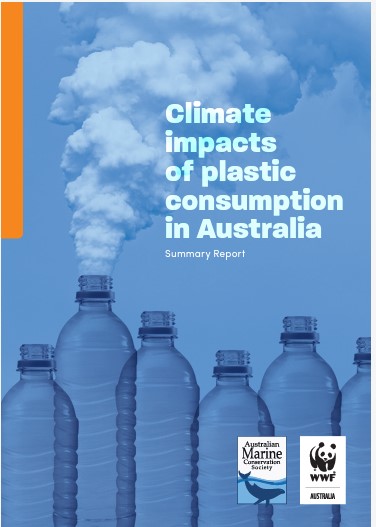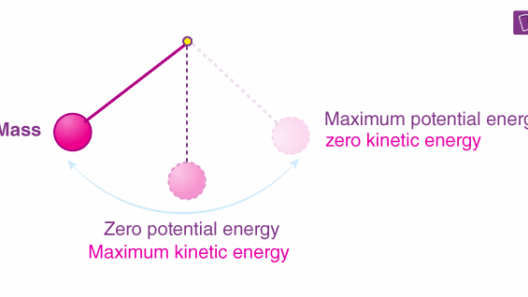Energy conservation is not merely a practice; it is an imperative for safeguarding our planet from the dire repercussions of global warming. In an age where anthropogenic activities significantly contribute to climate change, the pivot towards energy conservation offers a beacon of hope. This transformation hinges on systemic changes in how we produce, consume, and perceive energy. Understanding this paradigm shift is crucial for fostering a sustainable future.
The climate crisis is fundamentally tied to energy use. Fossil fuels—coal, oil, and natural gas—are extraction processes that emit a detrimental level of greenhouse gases (GHGs). These gases trap heat in the atmosphere, resulting in global temperature rises and erratic climate patterns. The first step in mitigating this issue is embracing energy conservation. Reducing energy consumption curtails the demand for fossil fuels, thereby decreasing the carbon footprint associated with electricity generation, heating, and transportation.
At the community level, energy conservation initiatives can manifest through various strategies. Households can adapt to energy-efficient appliances, utilize smart thermostats, and enhance insulation in buildings. These measures not only reduce utility bills but also diminish the overall energy demand on the grid. Beyond individual actions, communities can spearhead educational campaigns that foster awareness about energy-efficient practices. When residents are informed about the direct impact of their energy consumption, it piques curiosity and inspires a collective response to the climate crisis.
On a larger scale, industries must also reevaluate their energy usage. Manufacturing processes can pivot towards greener methods by incorporating energy-efficient technologies and renewable sources. For instance, solar panels can be integrated into industrial frameworks, harnessing clean energy during production. As organizations adopt sustainable practices, they become part of an extensive network of solutions addressing global warming. The ripple effect of such transitions can significantly decrease the industrial sector’s carbon emissions, rendering a profound impact on the environment.
Transitioning from fossil fuels to renewable energy sources such as wind, solar, and hydroelectric power is emblematic of a broader energy conservation strategy. However, the promise of renewables is only fully realized when paired with conservation efforts. Renewable energy systems, while critical, also require energy to manufacture, install, and maintain. Conserving energy reduces the overall need for these practices, making renewables an even more promising alternative.
The concept of a “circular economy” also exemplifies an innovative approach to energy conservation. In this framework, energy and resources are reused and recycled, dramatically reducing waste. By designing products with longevity in mind and using sustainable materials, businesses can minimize energy consumption across their supply chains. This approach promotes a paradigm shift in thinking about production and consumption, encouraging stakeholders to value sustainability as a core principle.
The benefits of energy conservation extend beyond environmental implications; they also encapsulate economic advantages. A concerted effort towards energy-efficient policies can lead to significant cost savings for governments, businesses, and consumers. For instance, the implementation of energy-efficient buildings can result in lower operating costs, creating an enticing rationale for investment. Governments can stimulate this change through incentives, rebates, and grants for energy-saving improvements, ensuring that financial barriers do not hinder the transition to a sustainable future.
Moreover, energy conservation is closely tied to social equity. Vulnerable populations often bear the brunt of climate change impacts, and energy inefficiency can exacerbate their struggles. By prioritizing conservation, society can alleviate energy burdens on these communities. Targeted programs that facilitate access to energy-efficient technologies can empower marginalized groups, providing them with a stake in environmental sustainability.
Furthermore, the role of education in promoting energy conservation cannot be overstated. Engaging youth in sustainability initiatives fosters a generation that is not only aware of climate issues but also equipped with the knowledge to address them. Schools can integrate environmental education into their curriculums, emphasizing the importance of energy conservation. When the younger generation recognizes their agency, they can drive change by advocating for sustainable practices in their communities.
However, there exists a psychological barrier to overcome—the perceived inconvenience of adopting energy-efficient practices. Individuals might view energy conservation as limiting or cumbersome. Therefore, it becomes vital to reshape this narrative. By illustrating the diverse benefits of energy conservation—particularly in terms of cost savings and improved quality of life—curiosity can be sparked. When people see local examples of successful energy conservation stories, they become more likely to visualize themselves as part of the solution.
In the face of staggering climate challenges, energy conservation emerges as a critical catalyst for combatting global warming. It is a multi-faceted approach encompassing individual action, community initiatives, industrial transformation, and education. By reducing energy consumption, transitioning to renewable resources, and embracing innovative practices like the circular economy, society holds the power to reshape our relationship with energy. A commitment to energy conservation not only protects the ecosystem but also ensures that future generations inherit a sustainable, habitable planet. In this endeavor, curiosity, awareness, and action are indispensable allies in the march toward a greener future.








